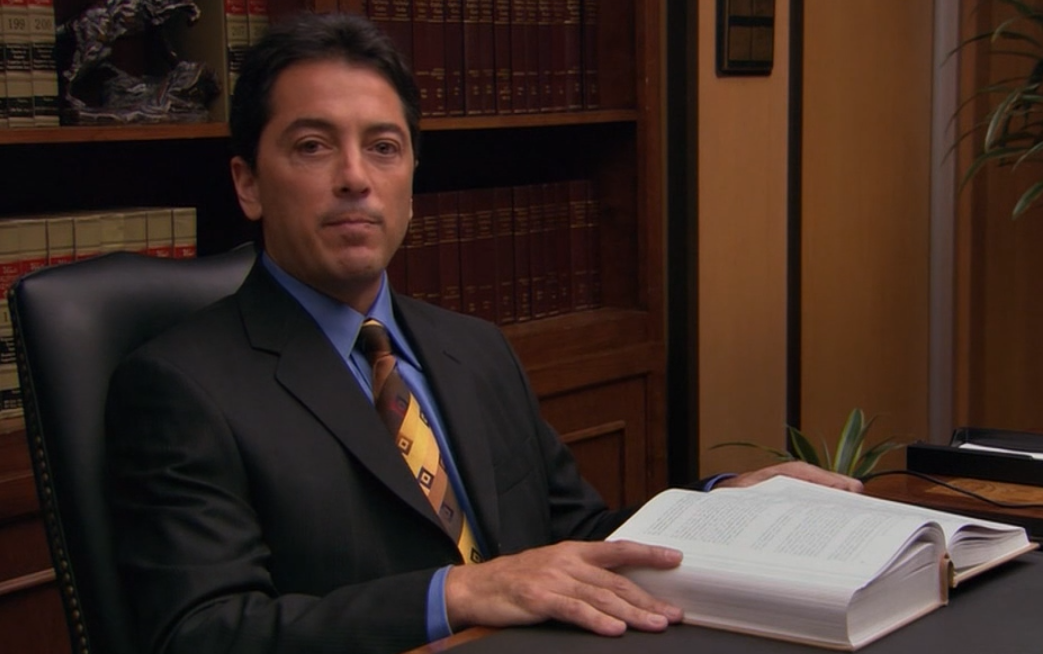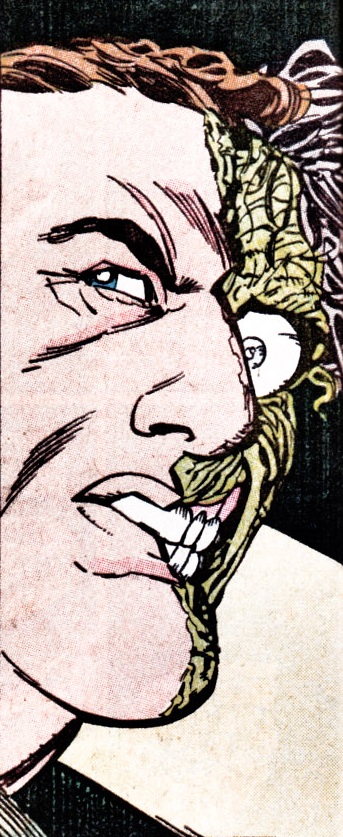Fictional Attorney of the Month: Amanda Bonner
The 1949 film Adam's Rib pairs the popular duo Spencer Tracy and Katharine Hepburn, this time as married attorneys who square off against on another in court.
Amanda Bonner (Hepburn) represents Doris Attinger, a woman accused of assault after shooting her husband. Ms. Attinger suspected her husband of having an affair and fires a gun in a moment of passion. Amanda takes the case after her husband Adam (Tracy, perhaps a future FAotM?) is assigned the case for the prosecutor's office.
The movie highlights not just the inimitable chemistry between Tracy and Hepburn (although, to be fair, it's more often negative chemistry given the adversarial position of the parties), but also confronts some high courtroom drama concerning sex roles, stereotypes, domestic violence, and marital harmony.
And Amanda Bonner's masterful performance is good enough for the Fictional Attorney of the Month.


